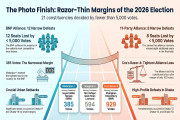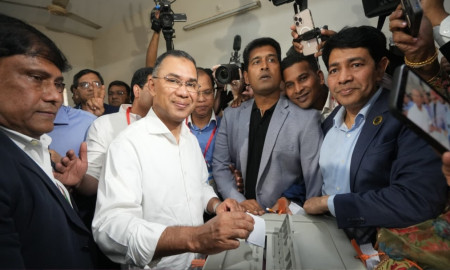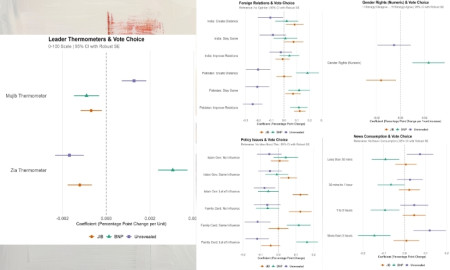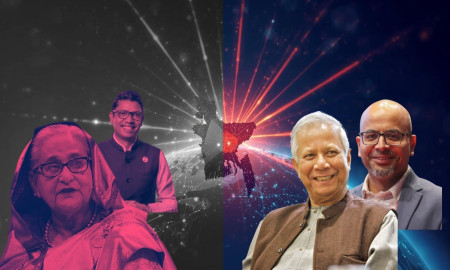Debunking the Moon God Myth: Who Do Muslims Worship?
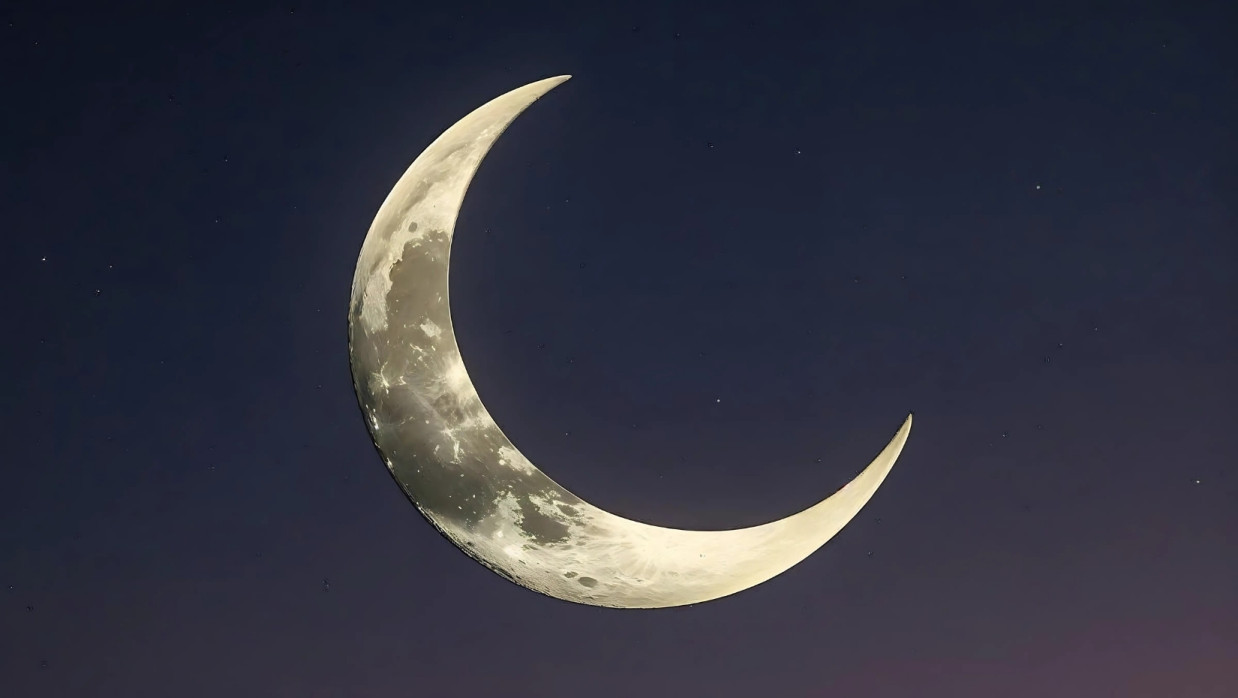
Ever wonder why the crescent moon is associated with Islam? Some mistakenly believe Muslims worship a moon god, but this is a myth that’s easy to debunk with a bit of context. Muslims worship Allah, the one and only God, and the crescent moon is a cultural symbol, not a divine one. Let’s clear up this misconception and explore what Muslims truly believe.
In Arabic, “Allah” simply means “the God,” used by Arabic-speaking Muslims, Christians, and Jews alike to refer to the monotheistic God of Abrahamic faiths. The idea that Allah is a moon god stems from pre-Islamic Arabian practices, where deities like Hubal were worshipped. However, Islam explicitly rejects such idolatry. The Qur’an, in Surah Fussilat (41:37), states, “And from among His signs are the night and the day, and the sun and the moon. Do not prostrate to the sun or the moon, but prostrate to Allah, who created them”. This makes it clear that only Allah, the Creator, is worthy of worship.
The crescent moon symbol, often seen on mosque domes or flags, originated with the Ottoman Empire, not Islamic theology. For Muslims, the crescent marks the lunar calendar, used for religious observances like Ramadan, but it holds no divine significance.
Next time you see a crescent moon on a mosque, know it’s a nod to history, not a deity. Muslims worship Allah alone, making this myth a fascinating case of cultural symbols being misunderstood.




